Accomplished entrepreneur urges interim government to focus on crisis management, not political rhetoric
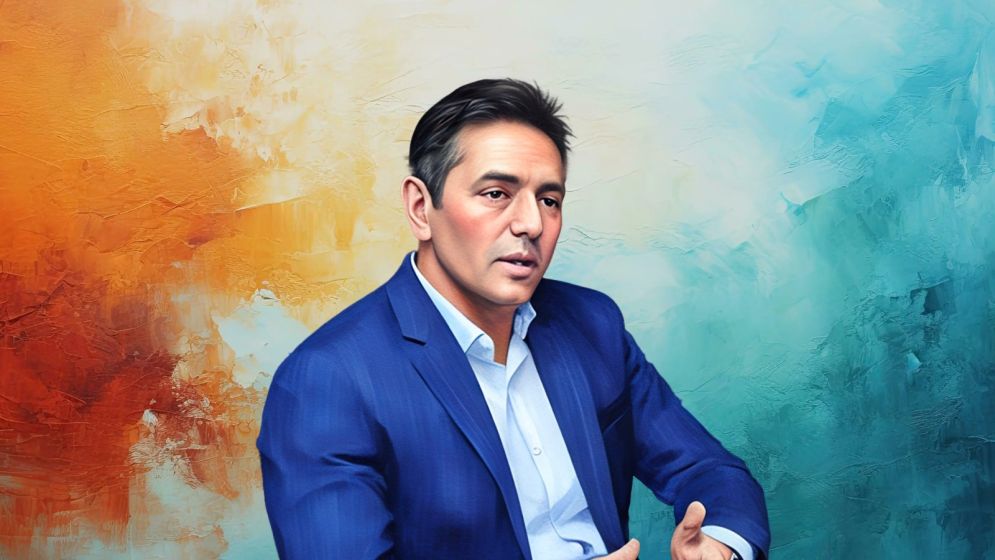
When Sharif Zahir assumed the role of Chairman at United Commercial Bank (UCB) in late August, it marked a moment of poetic justice for the accomplished young entrepreneur.
Approximately 31 years ago, Sharif’s father, Humayun Zahir—one of the founding sponsors of this first-generation bank—was tragically murdered at his Dhanmondi residence.
At the time, Awami League leader Akhteruzzaman Babu, then Chairman of UCB, was allegedly implicated in the crime. Humayun Zahir, as a director of UCB, had protested against Akhteruzzaman’s financial misconduct, which reportedly led to the fatal conflict.
In the decades that followed, UCB fell under the control—and to some extent, the exploitation—of Akhteruzzaman’s family.
His son, former Awami League Land Minister Saifuzzaman Chowdhury, remained a dominant force at the bank. Saifuzzaman recently gained notoriety following Al Jazeera’s explosive exposé on his massive corruption and laundering of money.
The political landscape shifted dramatically after Sheikh Hasina’s government was ousted on August 5. Saifuzzaman fled the country, and Bangladesh Bank dissolved UCB’s existing board, reconstituting it with new leadership.
Sharif, the owner of Ananta Group—one of Bangladesh’s largest textile conglomerates with an annual turnover of $400 million—was appointed Chairman.
In an exclusive interview with Bangla Outlook (English) editor Faisal Mahmud, the dynamic entrepreneur shared his perspectives on the banking sector, the interim government’s performance, and the dark chapter of his father’s tragic murder.
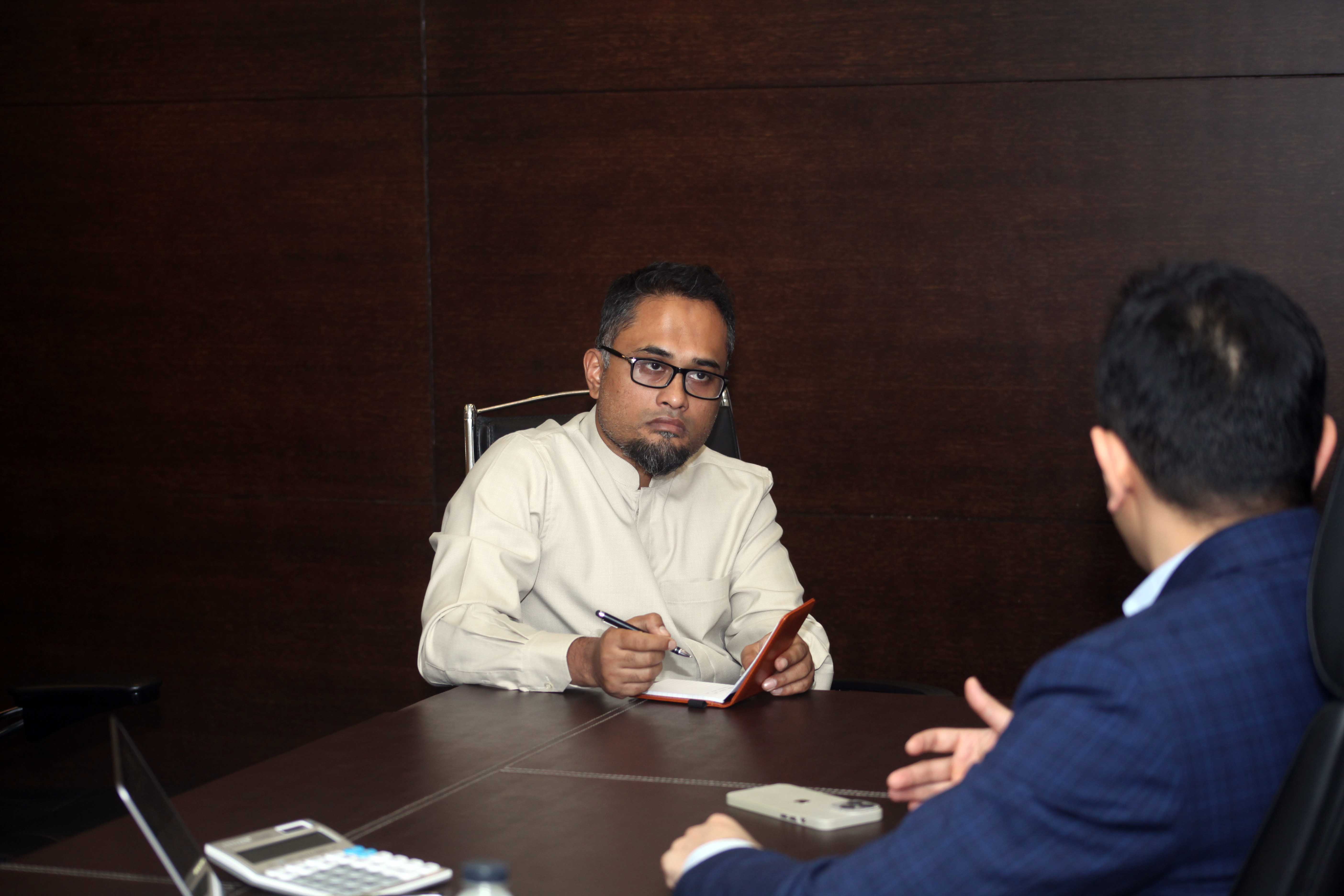
Here is an excerpt of that conversation for our readers.
Faisal Mahmud: How would you evaluate the current state of Bangladesh's banking sector? Several banks, particularly Shariah-based ones, have struggled to honor cheques or deposits amounting to a couple of lakhs, and in some cases, even less than a lakh. What do you think caused these issues?
Sharif Zahir: The banking sector in Bangladesh has endured its darkest period and is in a state of complete disarray due to 16 years of mismanagement under the previous Awami League regime. Unscrupulous bank owners, in collusion with their accomplices, orchestrated a Ponzi scheme to siphon off bank assets.
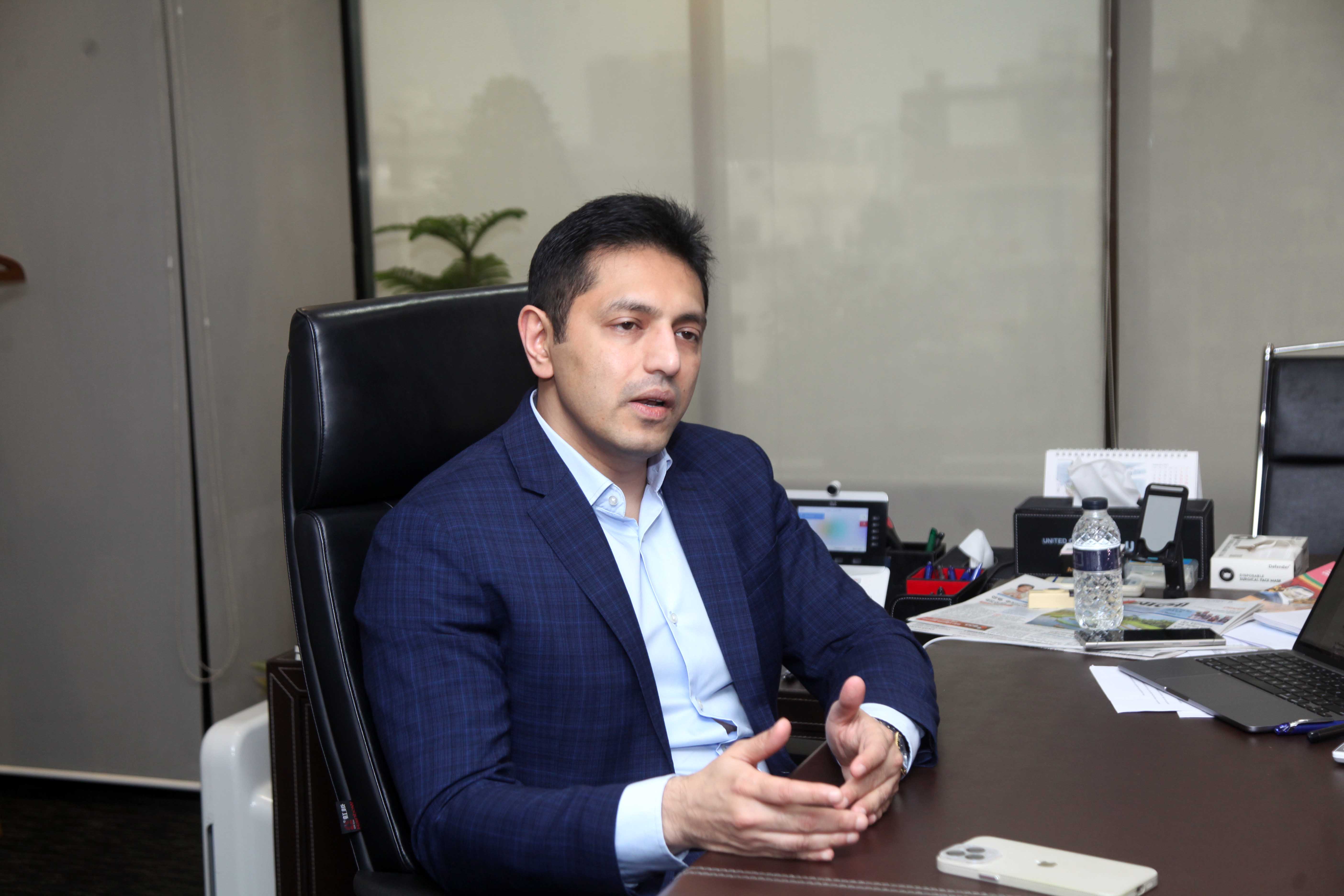
This operation was enabled by corrupt audit firms, Bangladesh Bank auditors, senior officials, law enforcement, policymakers, and even the highest levels of government. It was a massive looting scheme, with the spoils shared among this web of corrupt individuals.
Islamic banks, particularly those based on Shariah principles, were cynically used as a front to exploit people's trust. It began with inflating securities to secure loans, which then escalated to issuing unsecured, large-scale loans under schemes such as overdrafts and time loans. Much of this money was funneled abroad, primarily through Hundi and over-invoiced commodity trading.
These practices led to a profound moral hazard, where even previously reputable borrowers stopped repaying loans, instead laundering money and abandoning their liabilities. The result has been a catastrophic erosion of depositor confidence, with hard-working people unable to access even small portions of their own savings.
FM: The government has established a high-powered committee to draft a white paper on the economy. Do you believe this initiative will lead to an effective strategy for recovering the substantial amounts of money laundered from Bangladesh?
SZ: I have confidence in the proactive leadership of the Governor of Bangladesh Bank, who is taking decisive action to address these critical issues. I also believe the reform committee consists of capable individuals; however, there has been a lack of communication regarding their activities, leaving us unaware of their progress.
Forming a high-level committee is only the first step. The real challenge lies in execution. Bangladesh Bank and the Finance Ministry must bring in internationally experienced professionals to navigate the complex task of recovering laundered funds. Leveraging expertise from the Bangladeshi diaspora and offering them proper incentives is a vital part of this effort.
Additionally, any recovery initiatives must be part of a long-term strategy. Without comprehensive political reforms and a unified commitment from all parties to resist the influence of corrupt forces, the recovery process will lack sustainability. The looters, armed with considerable resources, will inevitably attempt to bribe and undermine the system once again.
FM: In Bangladesh's 53-year banking history, no bank has ever been allowed to fail. Even struggling banks have been kept afloat, as though on life support. Do you think this is the right approach? Why are banks in Bangladesh never permitted to fail?
SZ: The newer banks that have been established came into existence under the policies and advocacy of the previous regime. Their approach and practices are not something we can sustain moving forward.
Our country does not require such a high number of banks. We lack the management expertise and skilled personnel necessary to govern them effectively. This situation is unsustainable. For an economy of our size, having more than 60 banks is simply not feasible.
-674580a7de89f.jpg)
Recently, there has been discussion about mergers. However, for any merger to succeed, a proper valuation model must be in place. For example, there were earlier discussions about merging National Bank with UCB, but at that time, we were not part of the board. Unfortunately, the critical aspect of valuation was neglected.
Before any merger, it’s essential to assess the weak bank’s valuation, considering factors such as asset size, levels of non-performing loans (NPLs), and its overall condition.
These banks are all private limited companies, and when one bank takes over another, the key question is: at what price? If the weak bank has a negative valuation, the takeover price must reflect that reality. A strong bank cannot overpay for a weak bank’s poor assets as it must remain accountable to its shareholders.
This is a process that needs to be managed carefully, whether it’s a merger or a takeover. Proper valuation, accountability, and structured execution are critical for success.
FM: As a regulatory authority, Bangladesh Bank operated in a “questionable manner” under the previous regime, especially over the past two years. How do you evaluate the current administration of Bangladesh Bank?
SZ: I believe the current Governor has introduced a much-needed fresh outlook. This isn’t meant as a criticism of the previous administration, but the fact remains that under their tenure, the industry suffered significant damage—instances of looting, mismanagement, and more. Unfortunately, they were unable to stop it.
With due respect to those in charge, my suggestion is to bring in fresh perspectives, new inclusions, and updated knowledge. We have highly skilled individuals within the diaspora who possess international expertise in asset recovery and asset management. It’s time to leverage their experience and move beyond conventional banking practices.
For example, how do other countries manage asset recovery? In Indonesia, similar challenges like bankruptcies and bad loans were addressed effectively through strategic asset disposal plans. For the vast number of bad loans in our system, we need a clear strategy for disposing of assets. The question arises: do we even have enough domestic buyers for land, factories, and other distressed assets? If not, we need to explore international avenues and expose these assets to global markets.
While some argue that bringing money back from abroad is too difficult, solutions do exist. One idea is to establish a sovereign fund to simplify asset movement. It’s also essential to incentivize those who have moved money abroad to repatriate it. While the public may not fully grasp such mechanisms, practical steps can and must be taken to implement them effectively.
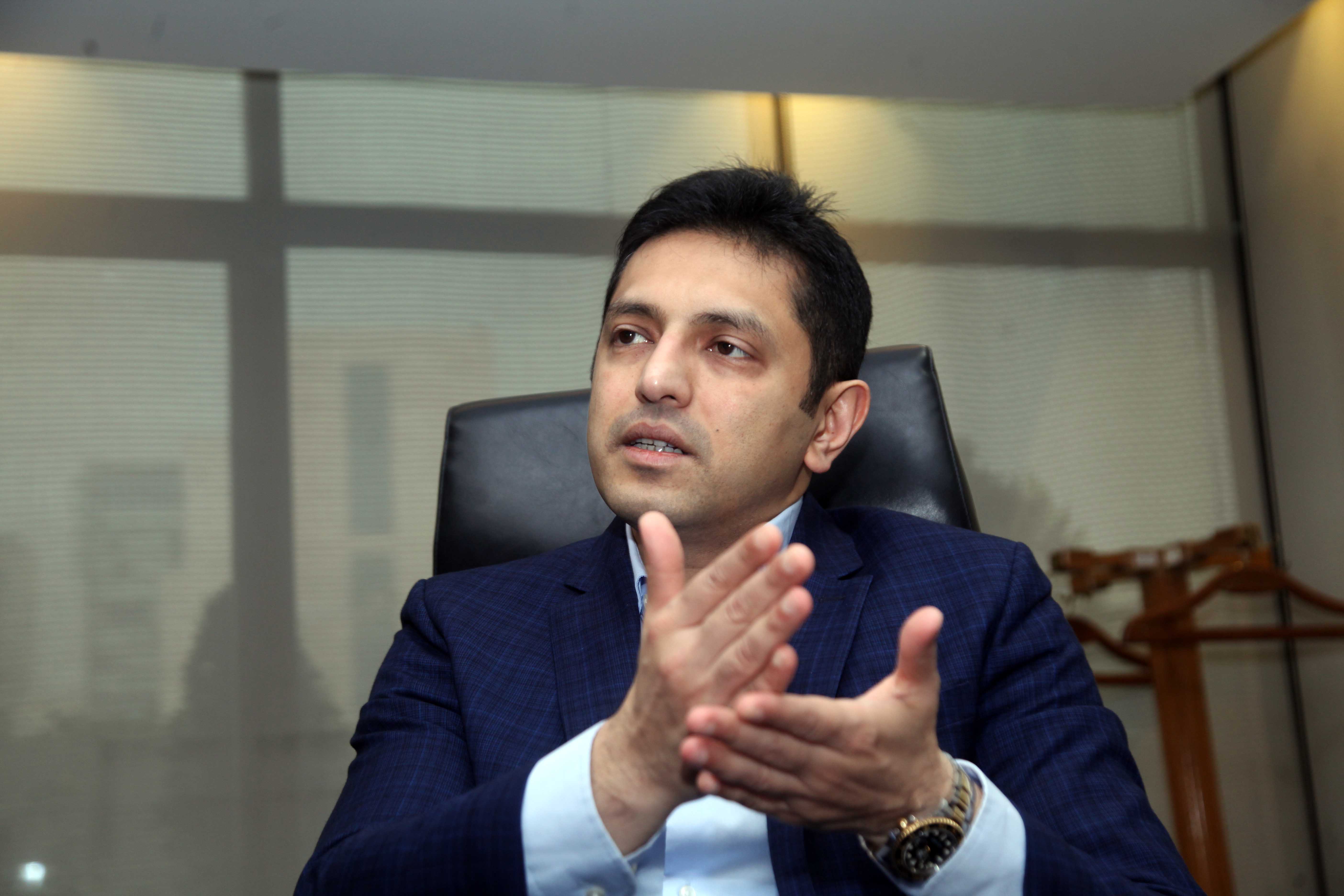
For example, a timeline of six to eight months could be offered, during which individuals repatriating funds would be exempt from inquiries and public exposure. Only the central bank and law enforcement agencies would be privy to these transactions.
After this period, strict measures should be enforced: seizing domestic assets, filing money laundering cases, and holding those responsible accountable. This approach has proven effective in other countries and could be replicated here.
While we frequently hear about properties in Canada and Dubai, there’s no active effort to address these issues. Tackling them requires taking calculated risks and making unpopular decisions—actions that only an interim government has the mandate and ability to undertake. Unfortunately, such bold steps are currently absent.
FM: How would you assess the current actions of the interim government? Do you believe they are heading in the right direction in restoring Bangladesh after the massive challenges left by the corrupt Hasina administrations?
SZ: To be honest, despite the formation of numerous reform committees, they appear overburdened and largely ineffective. Members are stretched thin, sitting on 10–12 committees, and meetings either don’t take place or lack meaningful stakeholder engagement.
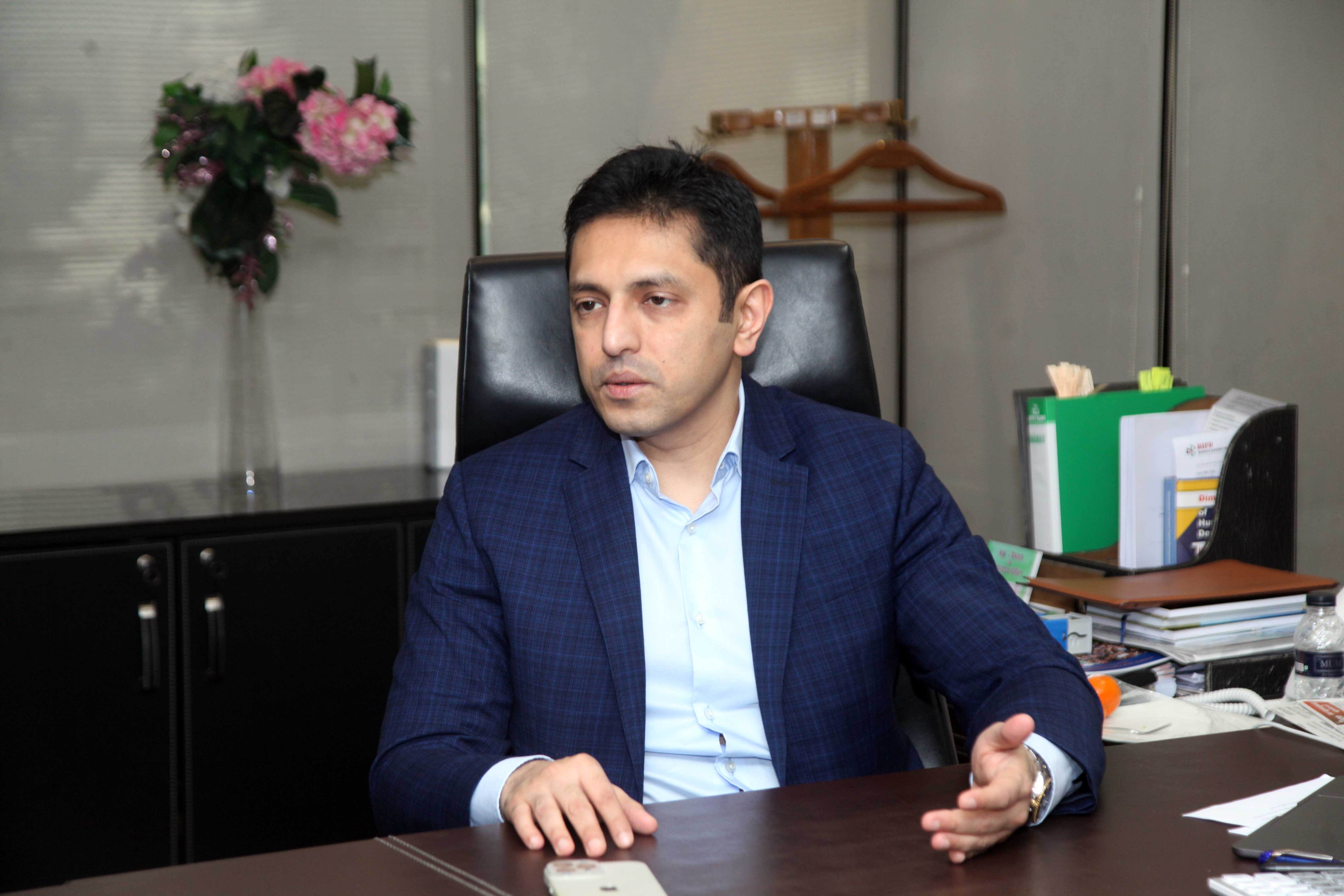
Instead of focusing on urgent reforms, we witness ribbon-cutting ceremonies and public appearances. Advisors are spending hours at events when their efforts should be directed toward driving impactful change.
An interim government must prioritize actionable reforms, much like the caretaker governments of the past. Those administrations started early, operated efficiently, and implemented meaningful changes. Given the private sector’s pivotal role in our economy, its representatives must be actively involved in decision-making, just as was done in earlier periods.
The inclusion of competent individuals like Ashik Chowdhury and Lutfey Siddiqi from abroad is commendable, but expecting them to succeed without robust support is unrealistic. Decisions made in international forums, such as those by the ILO, must be effectively communicated to stakeholders. With thousands of workers employed in affected sectors, sudden, uncoordinated decisions could have far-reaching consequences.
A clear roadmap for the next two years is essential. For instance, if someone like Professor Yunus were tasked with reforms, their first step would be to draft a detailed plan, set clear objectives, and communicate them effectively. However, the current leadership’s inconsistent messaging undermines confidence—claiming one day that reforms will take four years, and the next, suggesting immediate readiness for elections.
The interim government must recognize its specific mandate: to address a national crisis, not to engage in political rhetoric. Public appearances and speeches should be minimized. Instead, a dedicated spokesperson should be tasked with communicating policies and plans clearly, ensuring the focus remains on actionable reforms rather than seeking public approval.
This is a pivotal moment. The interim government must act decisively to implement meaningful reforms, ensure accountability, and prioritize stability, paving the way for a sustainable and prosperous future.
FM: Now coming to your bank: Why was UCB recently assigned a Yellow Bank rating, which is considered indicative of a weak bank, according to a recent report?
SZ: As you all know, our board was recently reconstituted by the Central Bank. If we examine the period from June 2018 to June 2024, significant damage occurred during this timeframe. You are aware that a specific family, involved from the bank’s inception, repeatedly attempted to misappropriate depositors’ funds. Over six years, this group caused considerable harm to the bank.
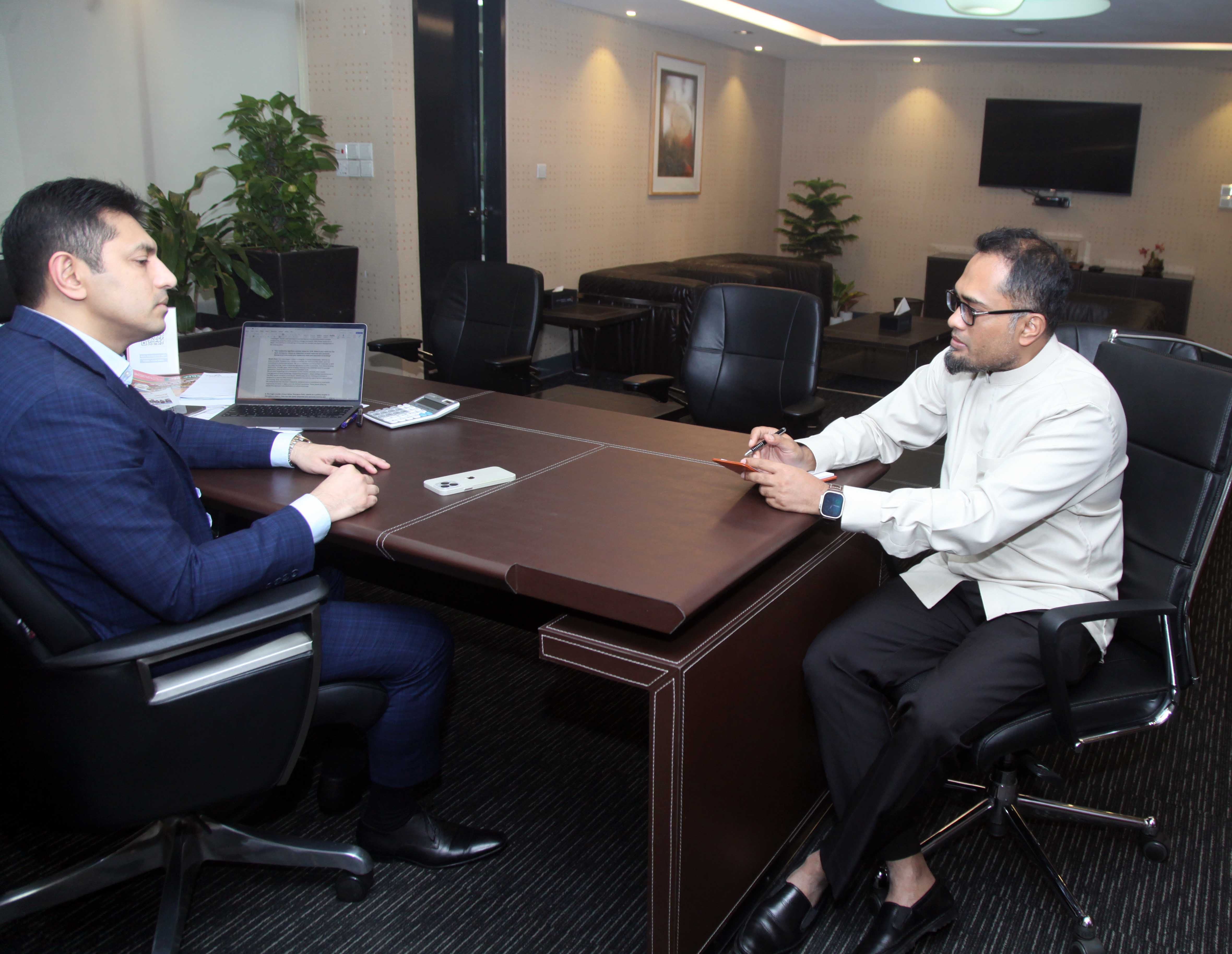
Our responsibility, as shareholder-directors, is to uncover the reality and assess the bank’s true condition. The forensic report currently in progress will provide clarity on these issues. Once the report is available, we will take necessary steps to resolve the problems and move forward.
FM: How has UCB navigated recent economic and sectoral challenges? What measures is the bank taking to manage its debt and maintain financial sustainability?
SZ: The first priority was ensuring we had the right leadership in place. UCB has been fortunate to have outstanding individuals in key positions, including former team members who laid a strong foundation, and our current Managing Director, who brings integrity and experience. We also strengthened our risk management team, bringing in professionals dedicated to transparency and recovery.
From the outset, our focus has been on rebuilding trust with depositors and interbank lenders. As a result, our deposits have steadily increased, and we maintained our CRR and SLR ratios throughout the crisis. We’ve made significant strides in reducing our AD ratio and have prioritized full transparency by engaging forensic auditors. So far, 85% of our asset base has been audited.
We are actively executing a recovery plan, reclaiming funds, provisioning for shortfalls by sacrificing shareholder returns, and injecting fresh capital to overcome challenges. Additionally, we are working to enhance operational efficiency and improve employee productivity to ensure better profitability for managing provisions. With these measures in place, I am confident that UCB will emerge as the leading bank in Bangladesh in the coming years.
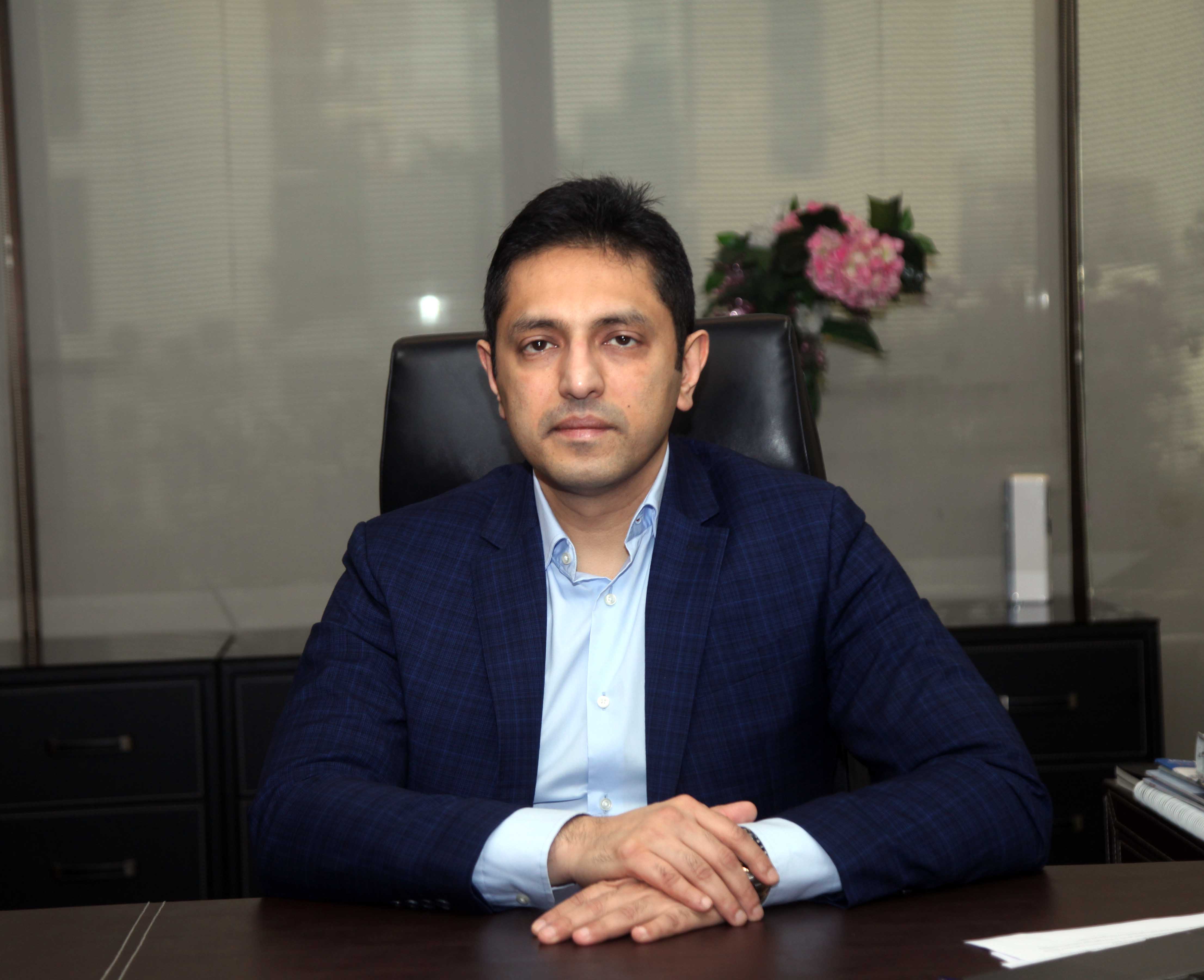
FM: Your leadership signifies a pivotal phase for UCB. What is your vision for the bank during your tenure as chairman? In what ways has your personal background influenced your leadership style and approach to banking?
SZ: Our new slogan, "United in Integrity, Growing Sustainably," embodies my vision for UCB. Transparency and accountability are at the heart of this vision, and I am dedicated to fostering sustainable growth. Our goal is to shift our focus from corporate banking to SME and retail banking, while embracing digitalization to provide a seamless, fully digital banking experience. Through Upay, we are reaching the unbanked and the younger demographic, ensuring financial services are accessible to everyone.
We are also integrating our subsidiaries to offer comprehensive services, from wealth management to stock brokerage. Supporting compliant and value-driven manufacturers in the RMG sector remains a key priority. Moreover, we are developing innovative programs to enhance RMG workers' disposable incomes by digitizing their spending on housing, food, and essentials.
My personal journey has been one of resilience and dedication, guided by the legacy of my father and the wisdom of my mother. These values underpin my leadership approach and my commitment to ethical practices.
FM: The tragic murder of your father, Humayun Zahir, stands as a dark chapter in the nation’s history. How has this event impacted your personal journey and professional outlook?
SZ: My father was our idol, and his untimely death strengthened my resolve to honor his legacy. Losing him when I was just 16 gave me the determination to work harder and achieve more. Along with my younger brother, who was only 10 at the time, we pursued higher education and built successful careers, guided by our mother’s unwavering support and values. Every step of my journey is a tribute to my father’s memory.
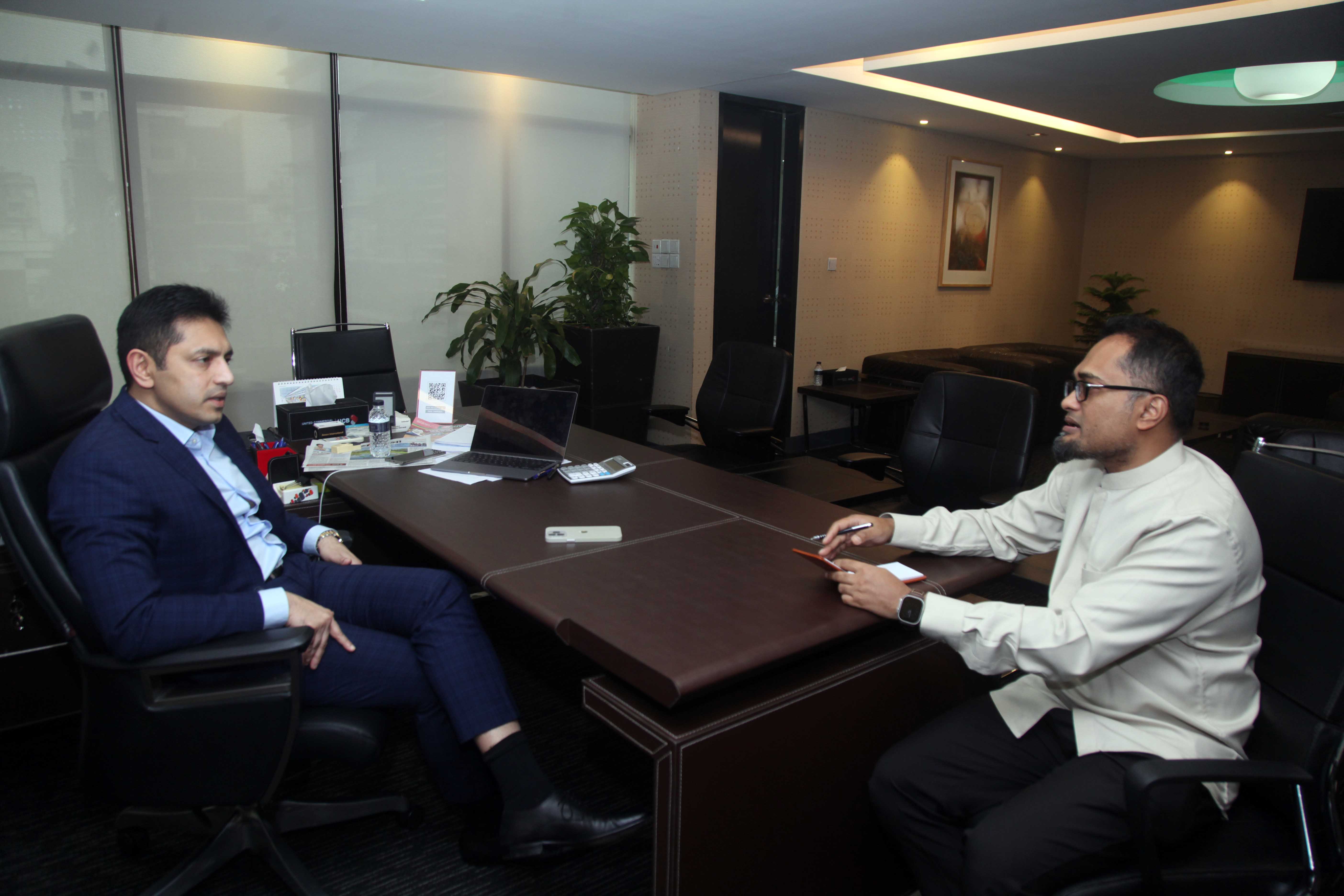
Now true justice for my father’s assassination would mean punishing the perpetrators and dismantling the network of corruption they established. Members of the assassin’s family have looted significant portions of banking assets, laundering money abroad. Holding them accountable would honor my father’s sacrifice and set an example for the banking sector. While we cannot bring him back, achieving justice would give solace to his bereaved soul and restore faith in the rule of law.
FM: Thank you for giving us your time.
—--

